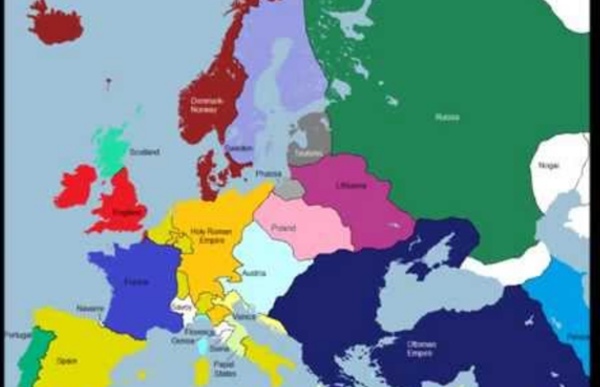



Red Bull Romaniacs Prologue with Jonny Walker Historiska kartor - Lantmäteriet I våra digitala arkiv finns mer än en miljon historiska kartor och de sträcker sig så långt bak i tiden som 1628. Kartorna täcker stora delar av Sverige och är i många fall så välgjorda och rikt utsmyckade att det är frestande att kalla dem för rena konstverk. Inte konstigt kanske, att de ofta ges bort som presenter. Det är gratis att titta på kartorna och vi vågar lova att du hittar något intressant när du tar del av dem. Om du vill kan du även spara ner dem till din dator eller skriva ut dem. Önskar du beställa kartorna i en högre upplösning? Innan du börjar finns det några saker som du behöver göra: Kom igång med historiska kartor Vikingatiden HT15 | höjdarna0506 Nu ska vi börja vårt arbete om Vikingatiden och då behöver vi veta vad vi ska lära oss så vi håller oss på rätt väg och det här är våra mål: Historia: Det allra första och största när det handlar om historia är att utveckla vårt historiemedvetande! Det gör vi genom att lära oss det här: Vi ska veta och kunna prata om hur vikingarna levde – barn, kvinnor och män. Vi ska ta reda på hur vikingarna reste och vad de gjorde på sina resor – historiska händelser. Vi ska kunna söka information på olika sätt och genom det förstå hur det var att leva på vikingatiden. Vi ska lära oss hur vi kan veta så mycket om vikingatiden, vilka källor som finns, och vad som lever kvar här hos oss. Religion Vi ska lära oss om deras tro, Asatron, och hur den påverkade deras liv. Vi väver även in svenska på olika sätt: Så vad ska vi göra? Jo vi ska använda Boken om historia, Kompass Vikingatiden, Fokus på vikingarna, Vikingarnas värld och Unga fakta för att hitta information. Se filmsnuttar på nätet – Odens rike t.ex.
Himalaya Speed PART 2: Climbing Cholatse Medeltiden B A S E Jump em Itacoatiara - KeeMo feat. Cosmo Klein - Beautiful Lie Hur de sju veckodagarna fick sina namn För bildmaterialet på SO-rummet gäller i allmänhet olika typer av licenser. Många av bilderna är upphovsrättsskyddade medan andra har Creative Commons-licenser eller andra liknande licenser. Några av bilderna är helt fria att använda. SO-rummet ansvarar inte för andras användning av webbplatsens material. Vi vill gärna att SO-rummet används som kunskapskälla, till exempel av elever och lärare i skolundervisningen. *För användning av texterna i avsnitten om Världens länder (hi, ge och sh) hänvisar vi till Landguiden som drivs av Utrikespolitiska institutet. Tour the solar system from home - Jon Nguyen Tülays IKT-sida: Bästa verktygen för att skapa tidslinjer Timeline Maker TimeToast Timetoast, en molntjänst med gratis basversion som är enkel att använda. Man registrerar e-postadress och lösenord, sedan är tjänsten klar att använda. Popplet Det är enkelt att göra tidslinjer med hjälpa av Popplet. myHistro Titta och läs tusentals fascinerande tidslinjer eller skapa egna. Gör en tidslinje över ditt liv. Read Write Think Enklaste tidslinjen Appar Färdiga tidslinjer
Rickson Sparring at Gracie Academy Torrance (1991) Night Time Earth, World At Night in HD The Kop 1964